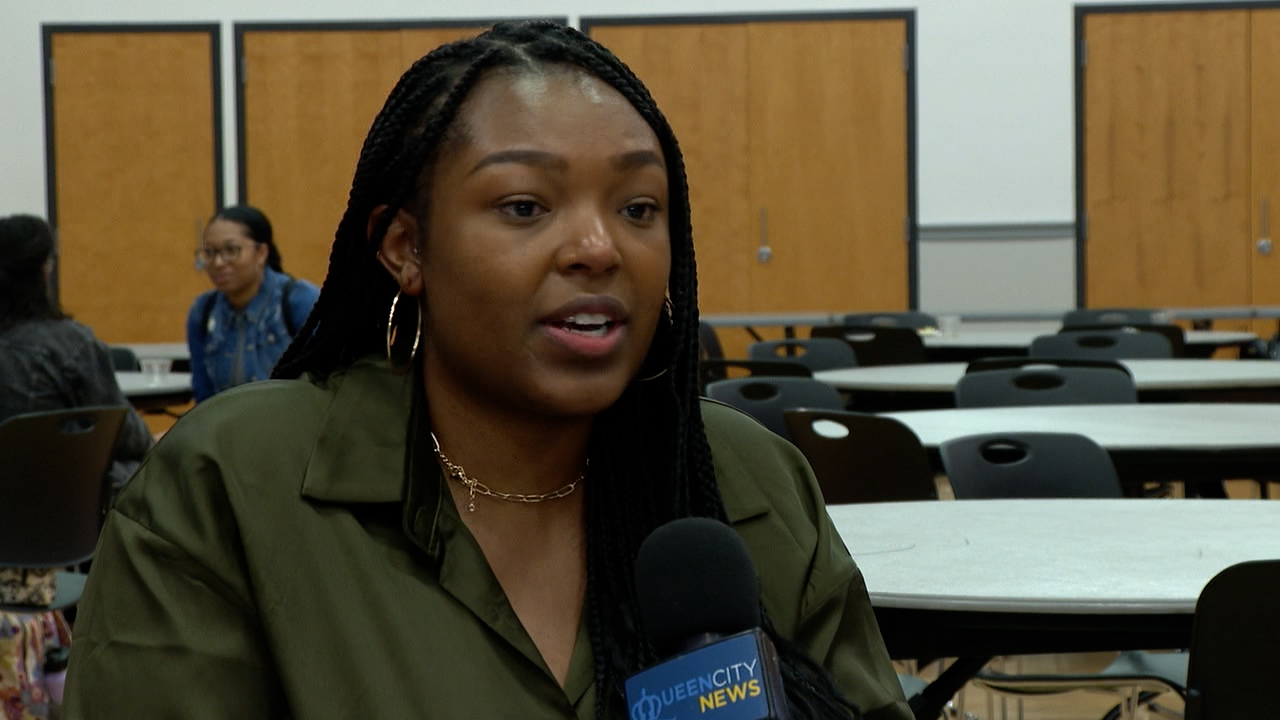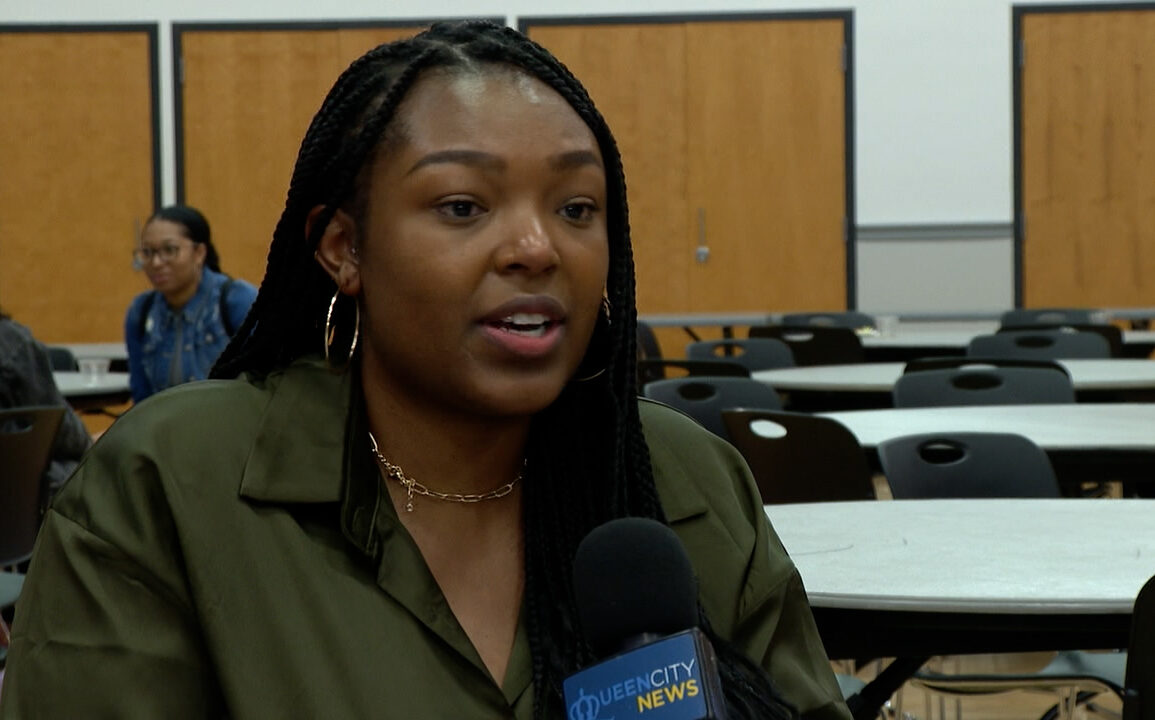
CHARLOTTE, N.C. (QUEEN CITY NEWS) — It’s a life and death situation. Mothers in the United States are dying during and after childbirth. Data shows the problem is getting worse.
Dr. Pamela Cobb, OBGYN at Atrium Health, has noticed the disturbing trend nationwide.
“When you look at women who died during pregnancy, a huge number of them, 50 percent of them die, postpartum die in that year afterwards,” Cobb said.
Data shows Black women in U.S. have the worst maternal health outcomes out of all high-income countries. For every 100,000 babies born, more than 55 Black mothers die before, during or after birth, compared to 19 white mothers.
“We feel like technically, we’re incredibly advanced, we think, and a lot of what’s hidden, is that we are in an incredibly racist country,” Cobb said.
Researchers say health disparities are driven by social and economic inequities rooted in historic and ongoing racism and bias. American Olympic track star Tori Bowie died in June from complications during pregnancy. Tennis legend Serena Williams has been open about her post-partum experience when she developed blood clots, but says a nurse didn’t believe her.
“That’s Serena Williams, and so people started to understand that, wow, you’re right, there is racism and being the best athlete in the world does not protect you from racism,” Cobb said. “That’s why it’s on the tip of everybody’s thoughts and tongue.”
UNC Charlotte showed the film “Aftershock” earlier this year. It’s a story of two young women who died from preventable childbirth complications and their families’ quest for justice. After the screening, Cobb joined a panel of experts to talk about causes and solutions with advice for expecting mothers.
“Even before you’re pregnant, or even when you are pregnant, write out five questions that are very concerning to you,” said Brandi Collins-Calhoun, a full-spectrum doula. “Have you worked with someone that’s went into a birth? It was very anxious how to treat it? For instance, I have worked with someone that looks like me, what was your outcome with them?”
Doulas like Collins-Calhoun support people through the entire spectrum of reproduction, including fertility, pregnancy and postpartum.
Experts say women should feel comfortable speaking up without fear of judgement.
“Just self-advocacy, changing the narrative, and re-envisioning the systems and just also applying that legislation in order to do that,” said health equity advocate Kala Wilson.
Congresswoman Alma Adams is one of close to 200 representatives co-sponsoring the Black Maternal Health Momnibus Act of 2021. It’s a collection of 12 bills aiming to keep mothers and babies alive by focusing on research, training and health care.
“Throughout our work in the with the Momnibus, we’ve heard those stories, and they’re frightening,” said Adams, who represents District 12 covering parts of Mecklenburg and Cabarrus County.
For Adams, Momnibus is personal. Her daughter experienced preeclampsia giving birth to her granddaughter who was born prematurely.
“My daughter told me that the doctor told her to just go home and lie down on your side,” Adams described. “I mean, what kind of medical advice is that? How compassionate and sensitive is that? In other words, I’m not important. I think what I would say to women, is OK to continue to, to speak up for yourself sometimes, don’t let the doctor tell you how you feel.”
Momnibus passed the House, but stalled in the Senate. When the legislation was first introduced data showed that 60% of maternal deaths were preventable, now it has increased to 80 percent.
“The problem is escalating,” Adams said. “That means that we really must pay attention to it, that it is severe, that it is a crisis. I mean, look how 24 months pass and the increase from 60 percent to 80 percent. That should raise alarm that it is a problem. It is indeed a problem.”
In countries like the Netherlands, national insurance covers home visits for mothers and babies for at least 10 days after birth.
“We can look at their models and say, What’s stopping us from doing that?” Dr. Cobb asked. “A lot of it is money, but a lot of it is structural racism, this is the way we’ve always done it.”
Local advocates say they will continue to work to save mothers putting their burden on themselves to help find solutions.
“Because if we don’t do it, who will?” labor and delivery nurse Monique R. Smith posed. “We see Black women at the forefront of every social injustice, every health care injustice, every injustice there is you see Black women carrying that load for us.”


